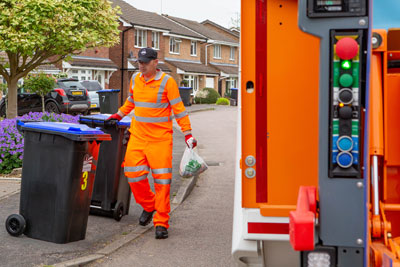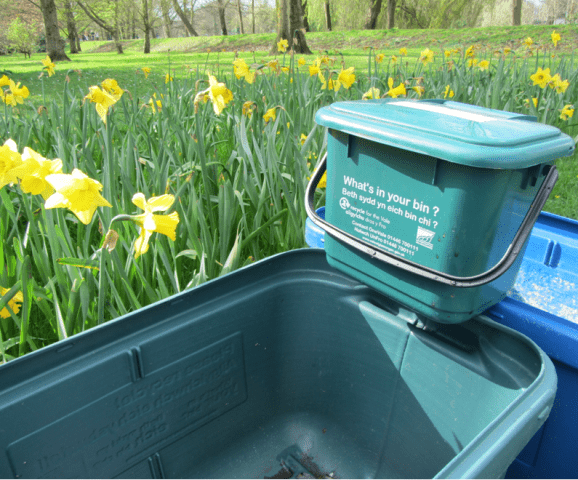The cross-party Environment, Food and Rural Affairs Committee this week took evidence from both local government and waste industry representatives in the final part its inquiry into plastic packaging.
The panel touched on areas including funding arising from the government’s Resources and Waste Strategy and how this would be apportioned to councils, as well as issues surrounding contracts and consistency of recycling collections.

Councils are seeking clarity on how proposed measures set out in the government’s Resources and Waste Strategy will be funded
Among those to give evidence was Peter Fleming, deputy chairman of the Local Government Association, who emphasised the need for government to follow through on its pledge to make producers cover the full cost of handling waste.
“There is a near universal agreement that the producer should pay the cost as this is the only way we can fundamentally move the debate on, until it is passed on most of what they’re doing is lip service,” he explained.
EPR
From the waste management industry perspective, Richard Kirkman, chief technology & innovation officer at Veolia, suggested that local authorities will benefit from an Extended Producer Responsibility (EPR) system for packaging, as proposed by the government.
“If delivered…it would be very powerful and take the burden away from councils.”
“It’s important to remember that there are two main tranches to this, one is the EPR scheme, which is ring-fenced, so producers pay to recover all materials and because of this, they will be inclined to design their materials differently.”
Mr Kirkman continued: “Local authorities can’t do this, but If you shift the cost to manufacturers, they’re more likely to make better choices, and that money is intended in the four models proposed to flow directly back to local authorities or those doing the work for them.
“If delivered as discussed, it would be very powerful and take the burden away from councils.”
Wales
Committee member David Simpson, an MP for the Democratic Unionist Party (DUP) in Northern Ireland, then asked the panel whether standardised collections for councils in England could lead to ‘similar success’ as councils in Wales had experienced through the Welsh Government’s ‘Collections Blueprint’.

Wales’ Collections Blueprint came in for some criticism
However, Daniel Roberts, speaking on behalf of the Local Authority Recycling Advisory Committee questioned whether this provided the best model to be replicated in England.
“It is often pointed that Wales has one of the highest recycling rates in the world, which they should be commended for, but there are issues that play other than consistency,” he commented.
“Only 11 councils actually collect core materials outlined in the Welsh Blueprint and it [Wales’ recycling rate] is also calculated to include incinerator bottom ash, if done in England would drive the recycling to nearly 50%.
“I’m not seeking to denigrate what they’ve done in Wales, but a number of councils have now gone to a three or four weekly collection service because they have run out of way to compel residents to recycle.”
He added that the net cost of service in Wales for waste has also “more than doubled” in the last 12 years.
Government
The panel also underscored the need for local authorities to retain the freedom of choice over local services.
“When it comes to confusion, council funding has been stretched so much they don’t have the money to communicate to their households anymore, if you want to make a difference it all comes down to funding.”
This was supported by Jacob Hayler of the Environmental Services Association who commented that councils need a certain degree of flexibility with regards to collections.
“They don’t need one system, and also not 300 different ways. WRAP has come up with three different systems which would work,” he explained.
Mr Hayler added: “When it comes to confusion, council funding has been stretched so much they don’t have the money to communicate to their households anymore, if you want to make a difference it all comes down to funding. The Welsh gave 20% more per head for waste than England, if you gave England roughly £600 million to spend then I’m sure they could do a lot with it.”
The post MPs hear consistency and funding concerns appeared first on letsrecycle.com.
Source: letsrecycle.com Packaging


